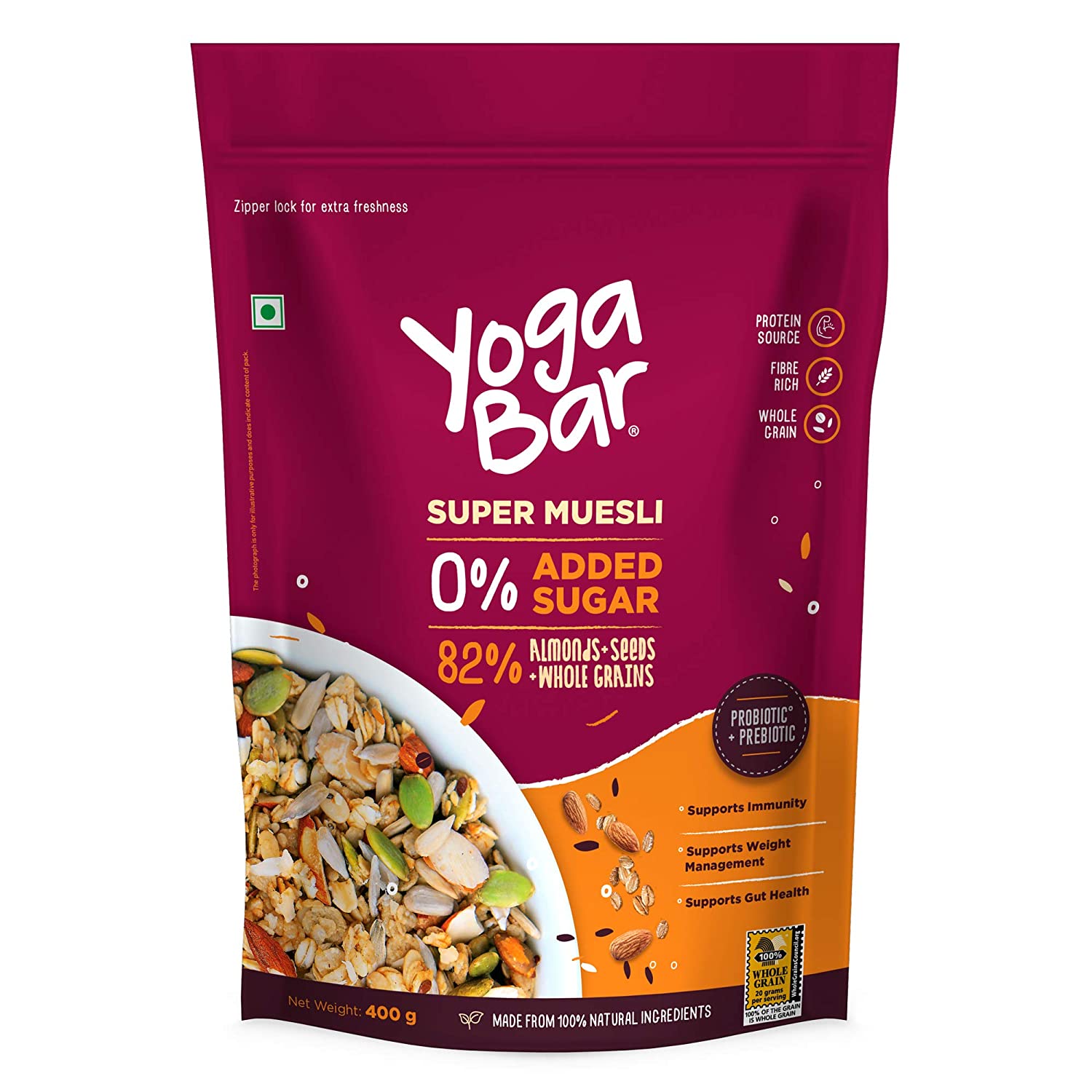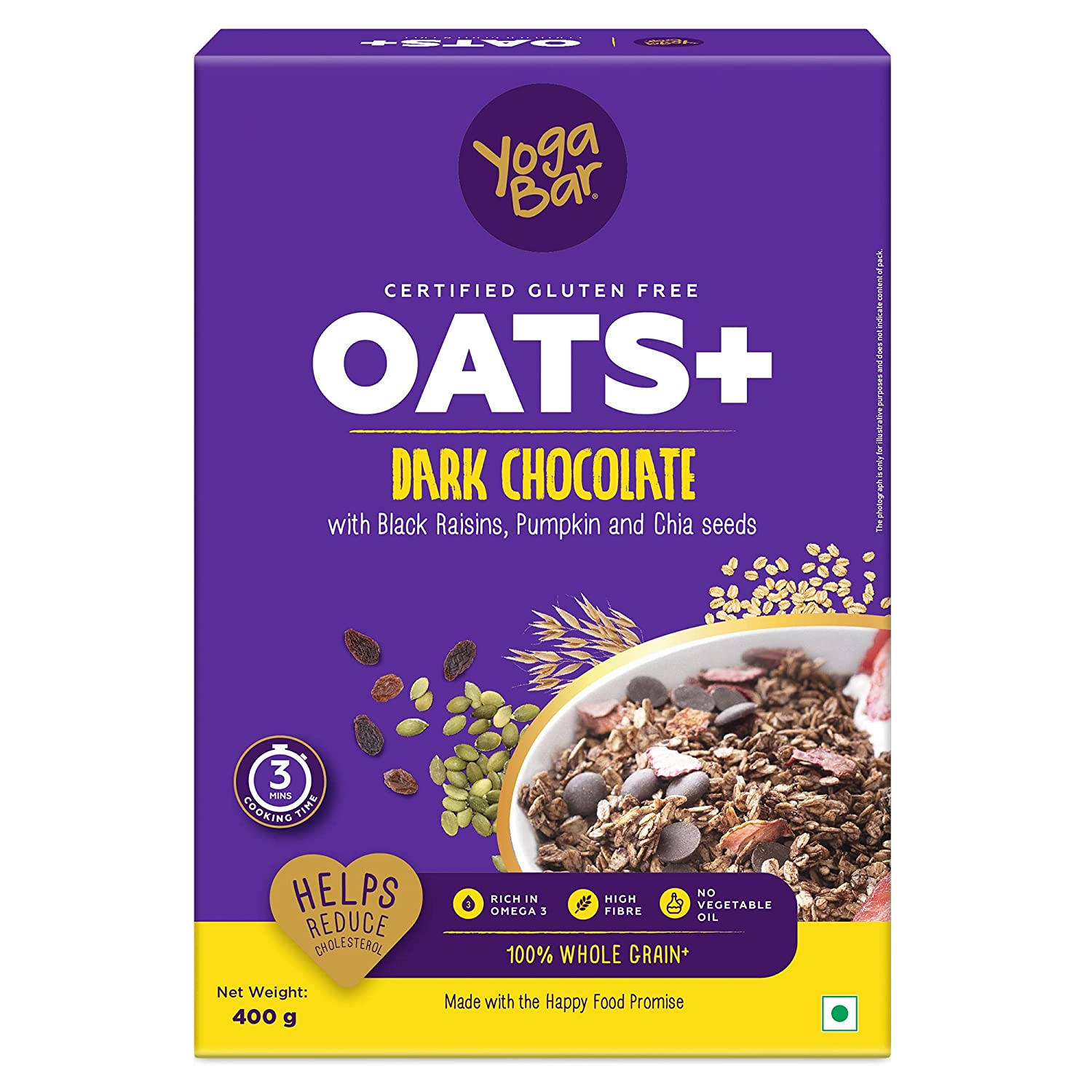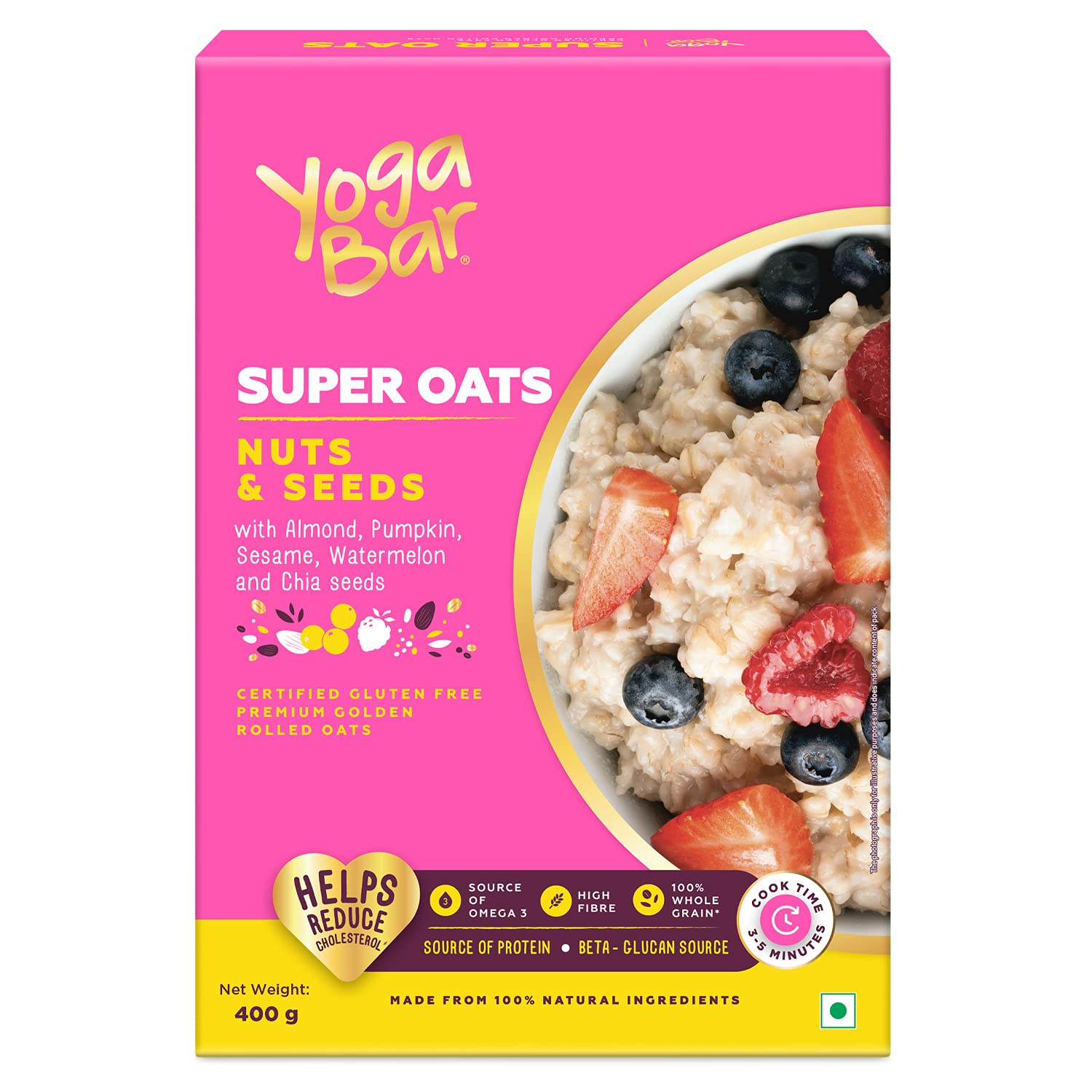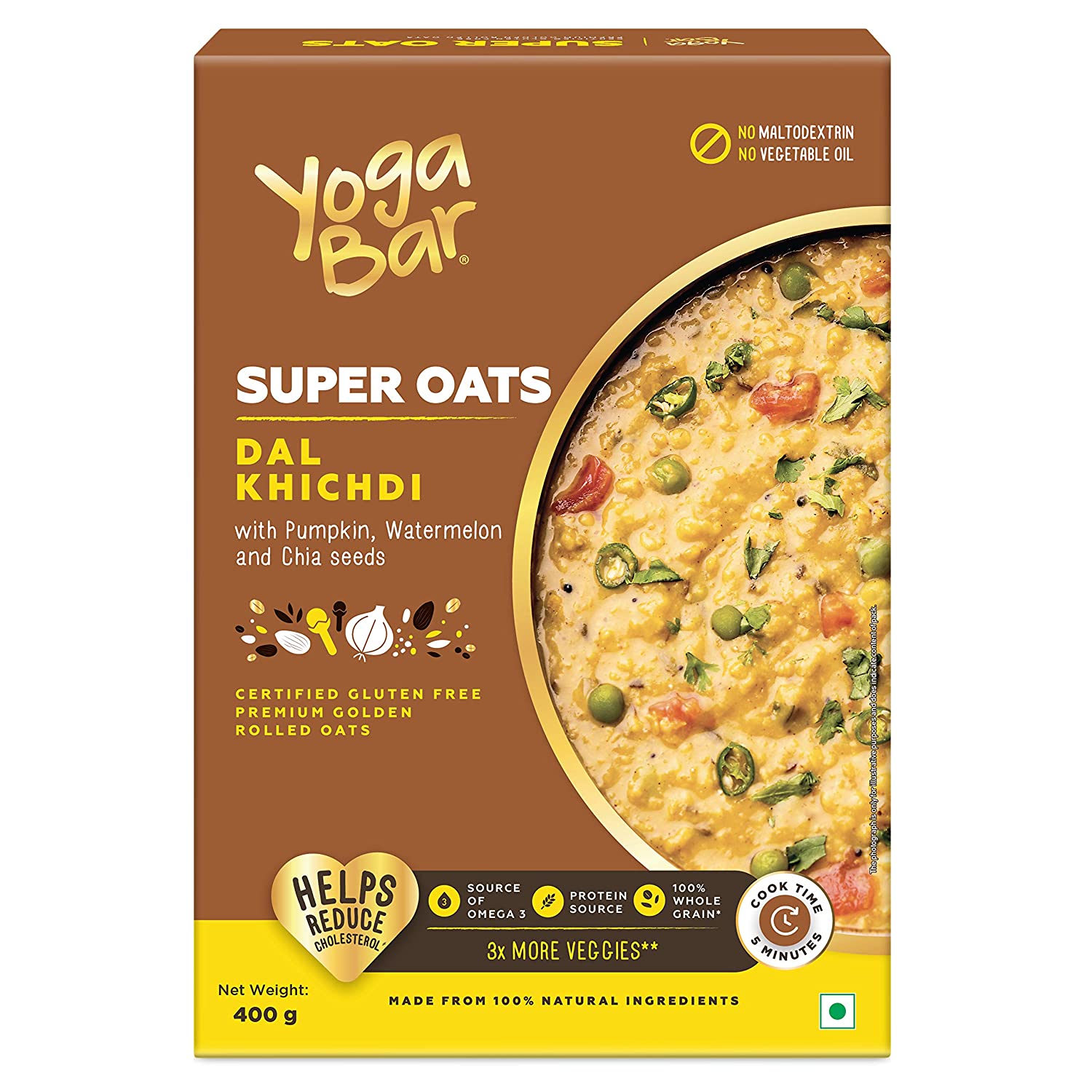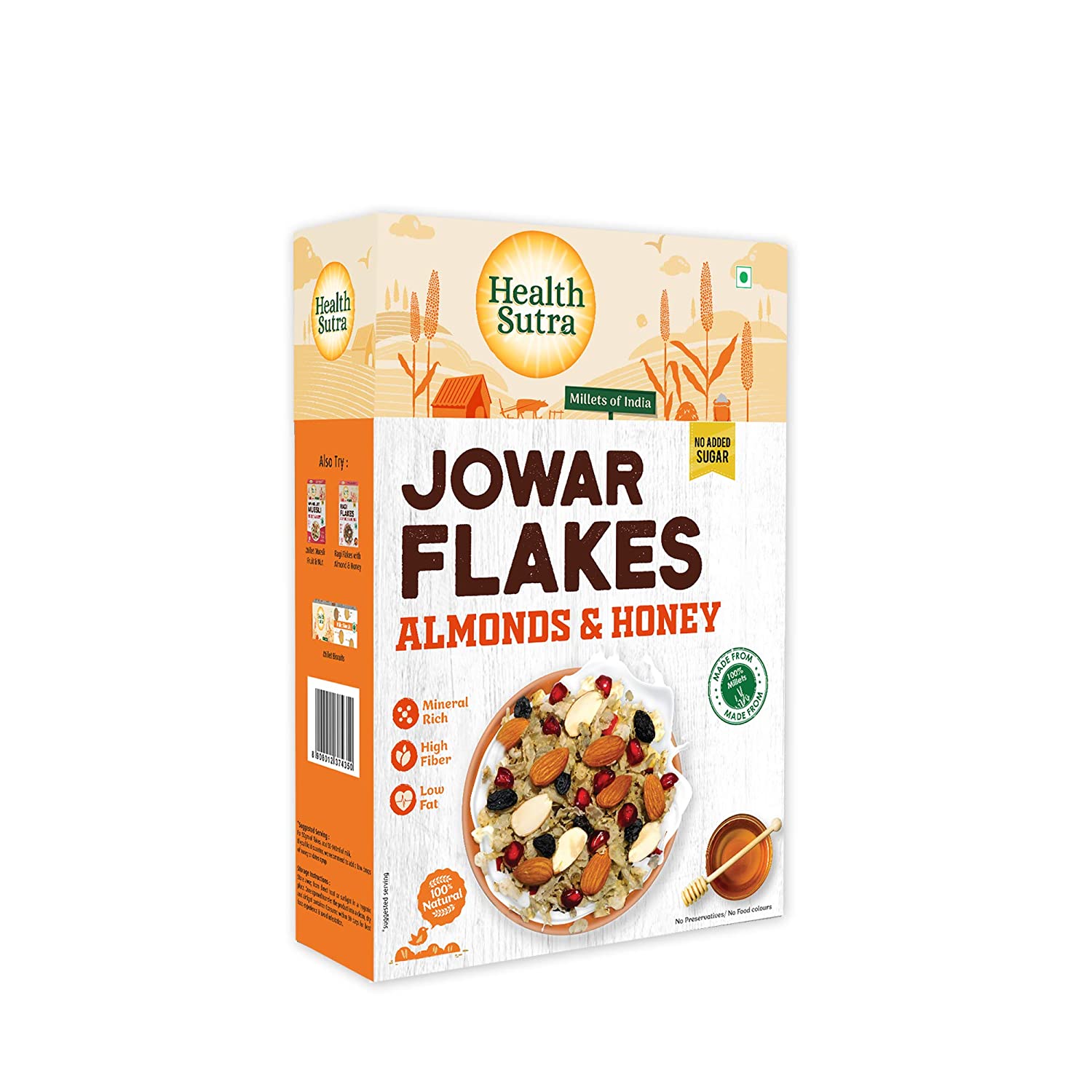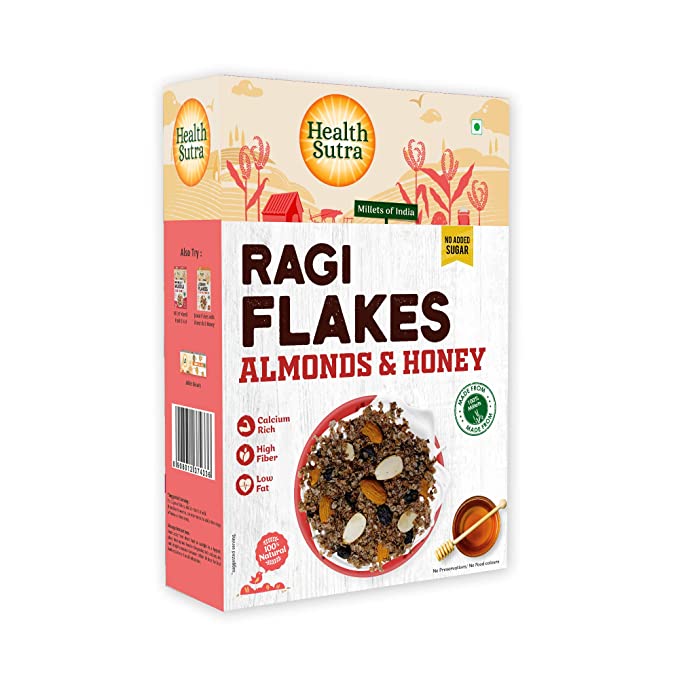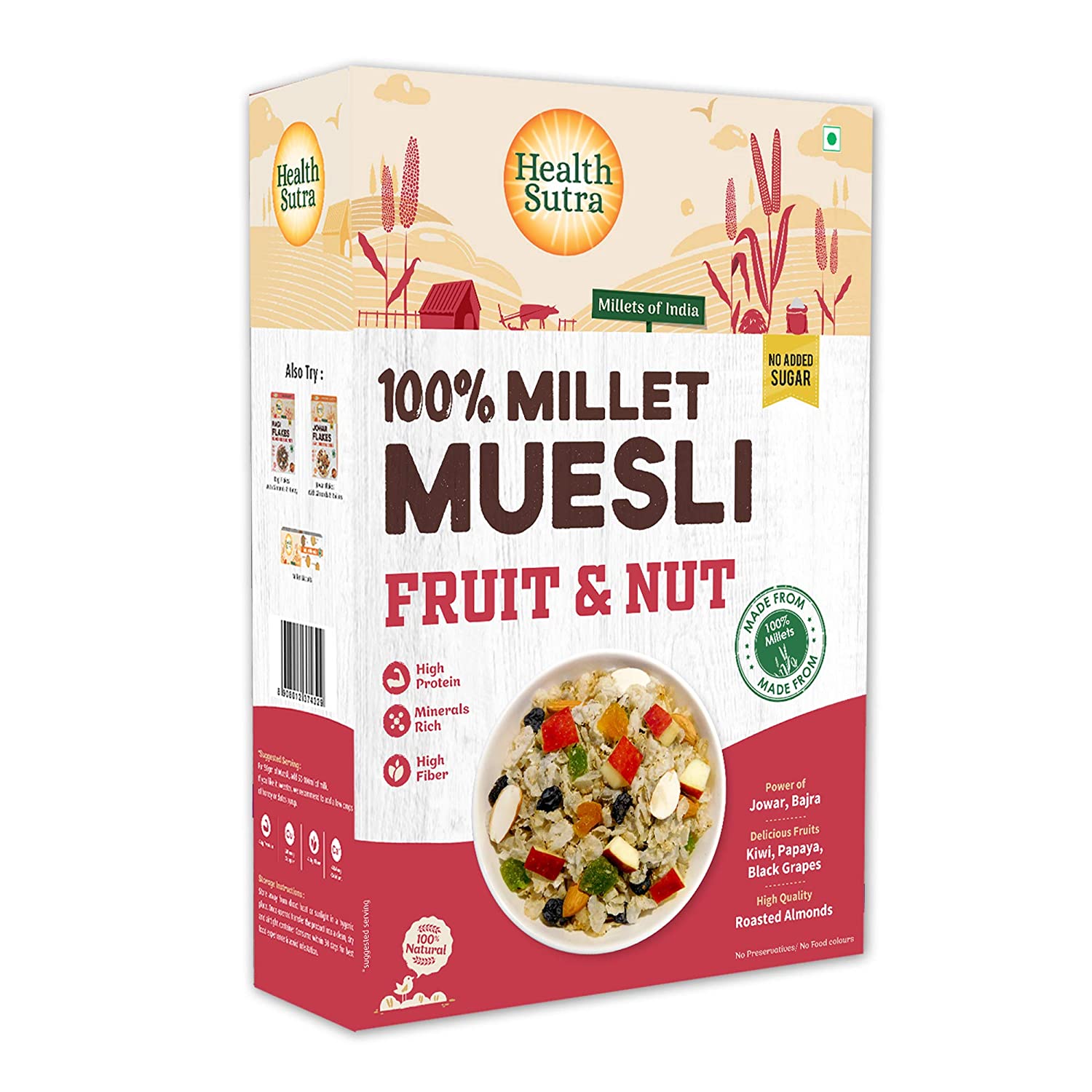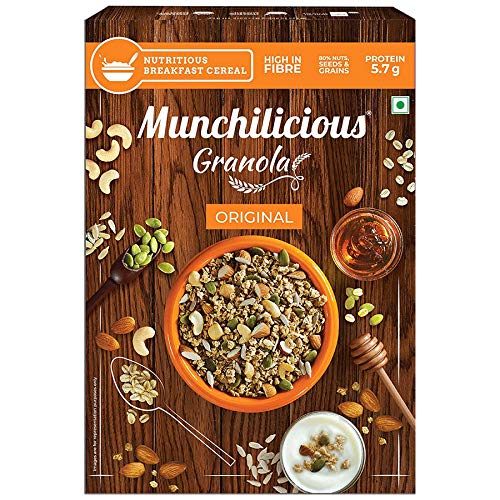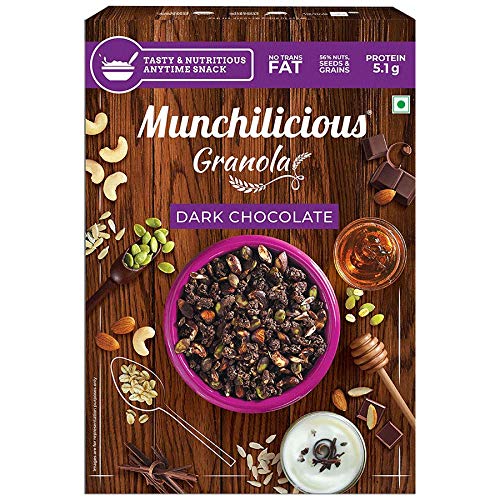Copper
Micronutrient
Last update date: November 07, 2023
Copper helps to keep the blood vessels, nerves, bones and immune system healthy.
Frequently Asked Questions
1.
What is Copper?
Copper is a natural metal that can be found in soil, water, and rocks. It is an essential trace mineral that your body needs in small amounts. Copper plays a crucial role in several important functions. It assists various enzymes in producing energy, aids in the breakdown and absorption of iron, and helps build red blood cells, collagen, connective tissue, and brain neurotransmitters. Copper also supports normal brain development, immune functions, and acts as an antioxidant by being a component of superoxide dismutase, an enzyme that neutralizes harmful oxygen "free radicals."
2.
What does copper do for the body?
Copper is essential for maintaining optimal health due to its involvement in various metabolic processes. It is necessary for the proper functioning of numerous enzymes throughout the body. These enzymes play a vital role in energy production, iron metabolism, and the synthesis of connective tissue and neurotransmitters. Copper also supports normal brain development and immune functions. Maintaining stable copper levels is crucial, as both excess and deficiency can disrupt normal processes and potentially contribute to conditions like cancer, inflammation, and neurodegeneration. Your body is typically efficient at regulating copper levels to ensure optimal health.
3.
What are the risks of copper deficiency?
For most healthy individuals, consuming copper through food or drinks does not usually cause illness. The body effectively processes copper in the majority of people. However, excessive intake of copper can lead to adverse effects. Symptoms of copper toxicity may include headaches, vomiting, diarrhea, stomach cramps, nausea, liver damage, and kidney disease. High levels of copper can also harm red blood cells and impair their ability to carry oxygen. Additionally, elevated copper levels may affect male fertility. It is important to maintain a balanced intake of copper to avoid these negative impacts.
4.
Who should avoid Copper?
If you have a medical condition called Wilson's disease, which impairs the body's ability to process copper properly, it is necessary to restrict copper intake. However, for most individuals, including natural sources of copper in the diet is beneficial. Fruits, vegetables, whole grains, meat, seafood, nuts, and seeds are excellent dietary sources of copper. It is important to avoid excessive use of copper supplements, even for healthy individuals, as they can lead to complications.
5.
How can I incorporate copper into my diet?
To ensure an adequate intake of copper, incorporate these copper-rich foods into your diet: Liver: Liver, especially beef liver, is a great source of copper. It can be included in various dishes such as liver pâté or liver curry. Oysters: Oysters are not only delicious but also a rich source of copper. Enjoy them raw, grilled, or included in seafood dishes. Spirulina: Spirulina, a type of blue-green algae, is a nutrient-dense superfood that contains copper. It can be consumed as a dietary supplement or added to smoothies and health drinks. Shiitake Mushrooms: Shiitake mushrooms not only add flavor to dishes but also provide copper. Include them in stir-fries, soups, or sautés. Nuts and Seeds: Almonds, cashews, sesame seeds, and sunflower seeds are good sources of copper. Enjoy them as snacks or add them to salads, yogurt, or trail mixes. By including these foods in your diet, you can ensure a sufficient intake of copper to support your body's needs.
6.
Which are symtoms of Copper deficiency?
Copper deficiency, although rare, can have significant health consequences for you: Neurological function: Insufficient copper levels can impact your neurological function, leading to symptoms such as numbness, muscle weakness, and difficulties with walking. Iron absorption: Copper plays a vital role in iron absorption. Without enough copper, your body may struggle to absorb iron properly, potentially leading to anemia. Anemia can cause fatigue and shortness of breath. Connective tissue health: Copper is essential for the synthesis of collagen and maintenance of connective tissue. A lack of copper can affect joints and increase the risk of infections.


